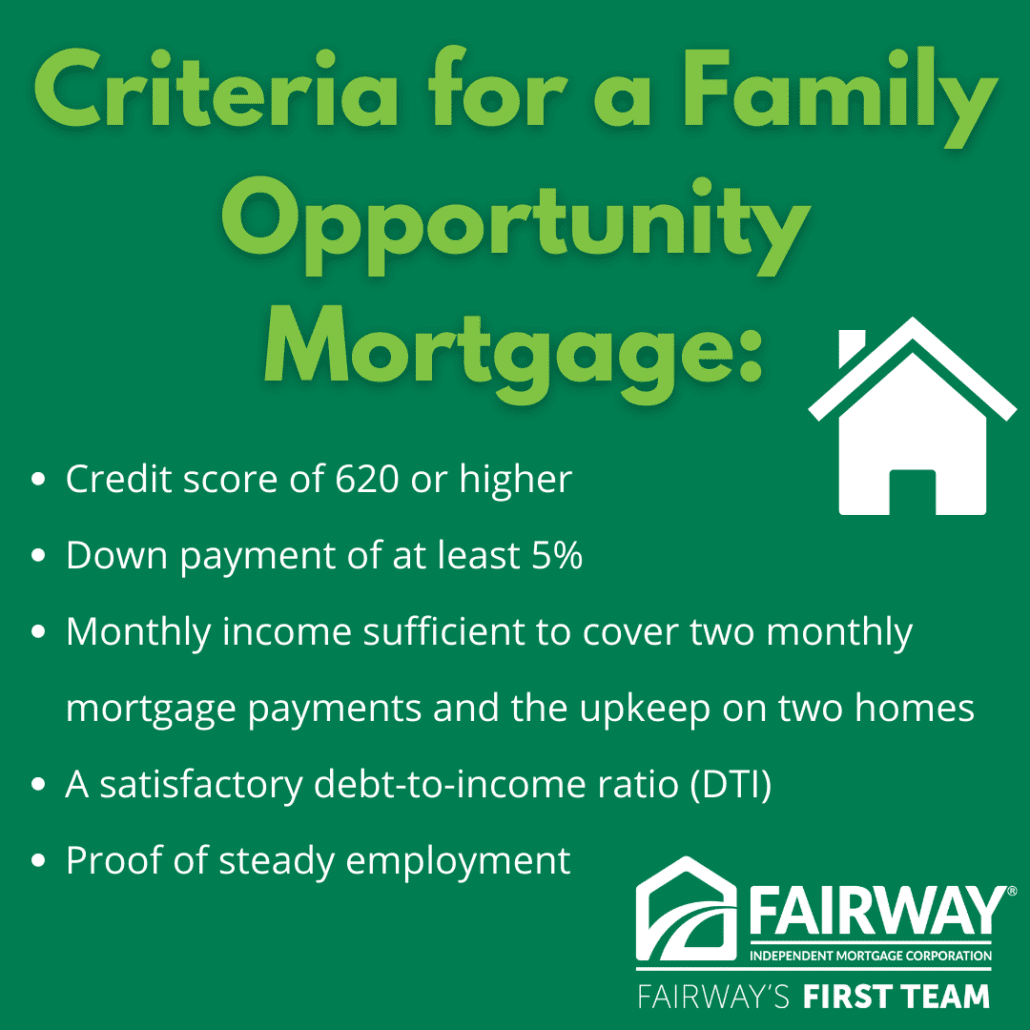If you are financially able, buying a second home for your child to live in is a decision that may benefit both of you. Of course your child benefits from the lifestyle stability of secure housing, whether they are enrolled in college, making a big life change, or if you simply want to help them out. A second home also benefits you, adding to your investment portfolio and allowing you to build equity until you decide to rent or sell when your child moves out down the line.
Dreaming of a new home? Take your dreams off the whiteboard and turn them into blueprints with a home mortgage loan from Fairway’s First Team! Let us do all of the drawing and paint you a picture of a beautiful home with competitive interest rates. Call today at (503) 765-1150! pic.twitter.com/zRQihzzD98
— FairwaysFirstTeam (@FairwayImco) February 6, 2022
How Can a Parent Buy a Property For Their Child?
There are a few ways for a parent to purchase a property for their adult child. If your child has a disability and is unable to work, you may be able to buy a second home with the same rates and terms as a primary residence, using what used to be known as a Family Opportunity Mortgage (see further below). Typically though, a second home purchased for your child will be classified as an investment property. Investment properties usually require a larger down payment and have different rates and terms than a first mortgage.
Paying cash is probably the best option if you are able, especially if you are looking at a property in a competitive area. Making an offer in cash sets you apart from other buyers, and you won’t have a monthly mortgage payment to worry about. You may be able to take out a home equity loan or line of credit on your primary residence in order to have the cash you need to put down an offer.
The other option is to take out an investment property loan. This requires you to have a higher credit score and down payment than on a primary residence, and your interest rate will also be higher.
It is up to you how much responsibility you wish to give your child over the new property. You may decide to keep the property entirely in your own name, allowing your child to simply live in the home either rent-free or as a paying tenant.
You might consider applying for your mortgage loan as co-borrowers with your child. This option may help you qualify for the most competitive terms, with your child being a first-time borrower, with both of your names appearing on the lease.
You can also co-sign a loan in your child’s name and cover their down payment and closing cost as a gift. This keeps the property in your child’s name, but keep in mind that you are still on the hook as a co-signer. It is also important to properly document the gifted amount as part of the application process.
Yet another option is to buy the property on your own and add your child’s name to the deed later on.
Family Opportunity Mortgage
If your child is disabled and unable to work, you may qualify for what Fannie Mae used to call a Family Opportunity Mortgage. (The loan option still exists, although they have gotten rid of the title.) If you qualify for a Fannie Mae conventional loan, you may qualify for a Family Opportunity Mortgage that will allow you to purchase a home for your child as if it were a primary property, with a lower down payment and interest rate.
Criteria for a Family Opportunity Mortgage:
Credit score of 620 or higher
Down payment of at least 5%
Monthly income sufficient to cover two monthly mortgage payments and the upkeep on two homes
A satisfactory debt-to-income ratio (DTI)
Proof of steady employment
Pros to Buying a Second Home For Your Child
Having a home for your child to live in can save them the hassles of dealing with finding housing, especially in college areas or other locations where rentals can be scarce and expensive. They will also save on the security deposit and other fees that go along with renting.
Your child will gain practice in money management through paying utilities, and possibly paying rent to you or taking on roommates. They may also earn experience in home maintenance.
The property will serve as an investment for you, strengthening your investment portfolio while you build equity.
There may be tax advantages to owning a second property, including deducting property taxes and interest paid on the mortgage. Be sure to talk to your tax advisor to make sure you are taking advantage of all possible deductions.
After your child moves out, you can bring in extra income through renting to new tenants or resell the home for a profit.
Cons to Buying a Second home For Your Child
There will likely be a larger down payment required and higher interest rates on a second property. You may get more competitive rates if your child is a co-borrower on the loan, or if your child is disabled and unable to work.
Along with the purchase of the home itself, you will be dealing with all of the same costs involved in closing on your first property.
You will owe two mortgage payments. A larger deposit on your second property may mean lower monthly payments but you will still be paying both mortgages.
A second property requires upkeep and maintenance, including any times the home is unoccupied.
There are many advantages to purchasing a second home for your child to live in, but the main reason will most likely be to save on the cost of housing. Instead of giving money to a landlord each month, your child can pay into a home that you, or the both of you, own. The home will also be an investment, could provide future rental income, and is an asset that can be resold later on. Of course, a second mortgage is also a big undertaking. Along with the mortgage and closing costs, the home itself will require upkeep. You will want to take a good look at your finances and also consider the relationship you have with your child.
If you do decide to take the leap on a second home, consult with one of our expert lenders to learn how to make the most out of your options.




